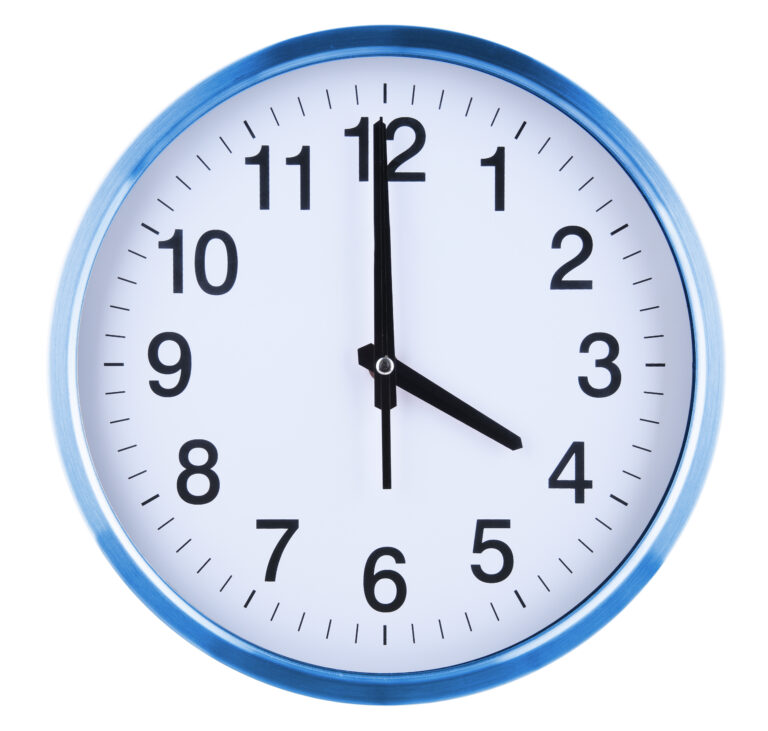Whether you should eat before or after drinking alcohol depends on how your body processes alcohol and how food intake influences its effects. Eating before drinking is generally recommended because it slows the absorption of alcohol into your bloodstream, reducing the intensity and rapid onset of intoxication. When you consume alcohol on an empty stomach, it passes quickly into the small intestine and then into the bloodstream, causing faster and stronger effects. Food acts as a buffer, slowing this process and giving your liver more time to metabolize the alcohol, which can help prevent sudden spikes in blood alcohol concentration and reduce the risk of intoxication-related harm[4][5][6].
Biologically, alcohol is absorbed through the lining of the stomach and small intestine. If your stomach is empty, alcohol moves rapidly into the bloodstream, often within minutes. Eating before drinking delays this absorption because the food physically slows the passage of alcohol and stimulates the production of enzymes that help break down alcohol more gradually[4][5]. This slower absorption can reduce the likelihood of feeling drunk quickly and may help prevent some negative effects such as nausea or dizziness.
Eating after drinking alcohol also has benefits, but it does not mitigate the initial rapid absorption if you started drinking on an empty stomach. After drinking, consuming food can help stabilize blood sugar levels and reduce hangover symptoms by replenishing nutrients and fluids lost during alcohol metabolism. However, the protective effect of food is strongest when eaten before or during drinking rather than only afterward[1][4].
Alcohol affects your metabolism and appetite in complex ways. It can increase the production of the hunger hormone ghrelin, making you feel hungrier than usual while drinking. This often leads to overeating or choosing unhealthy foods, which can contribute to weight gain since alcohol contains “empty calories” that provide energy without nutritional value. Drinking alcohol also disrupts fat metabolism, making it harder for your body to burn fat efficiently[1]. Therefore, eating a balanced meal before drinking can help maintain better control over your appetite and food choices.
Alcohol also impacts hydration. It acts as a diuretic, increasing urine production and leading to dehydration. Drinking alcohol on an empty stomach can worsen dehydration because there is no food to slow absorption or help retain fluids. Eating before or while drinking helps reduce dehydration risk by slowing alcohol absorption and encouraging fluid retention[4].
Regarding sleep, alcohol consumed close to bedtime can disrupt sleep quality by relaxing throat muscles and narrowing airways, worsening snoring and sleep apnea. Experts recommend avoiding alcohol for at least three hours before going to bed to minimize these effects. Eating before drinking may help reduce the amount of alcohol absorbed and thus lessen sleep disturbances, but timing your alcohol consumption well before sleep is crucial[2].
Certain factors influence how alcohol affects you, including biological sex, body weight, and individual metabolism. Women generally metabolize alcohol more slowly than men due to differences in body composition and enzyme levels, so eating before drinking is especially important for women to moderate alcohol’s effects. Similarly, people with lower body weight experience alcohol’s effects more quickly, making pre-drinking food intake beneficial to slow absorption[5][6].
In summary, eating before drinking alcohol is advisable because it slows alcohol absorption, reduces rapid intoxication, helps maintain better appetite control, lowers dehydration risk, and may protect sleep quality. Eating after drinking can help with recovery but does not prevent the initial rapid rise in blood alcohol levels. Drinking on an empty stomach increases the risk of faster intoxication, dehydration, and negative metabolic effects. For these reasons, consuming a balanced meal before drinking is a practical approach to reduce alcohol’s harmful impacts on your body.
Sources:
[1] Linwood House – Understanding the connection between alcohol and weight
[2] Sleep Foundation – Alcohol and Sleep
[3] Wikipedia – Health effects of alcohol
[4] Legacy Healing – Why Alcohol Dehydrates You
[5] Alis Behavioral Health – The Science Behind Alcohols Kick-In Time
[6] Join Reframe App – 7 Stages & Symptoms of Being Drunk Explained





